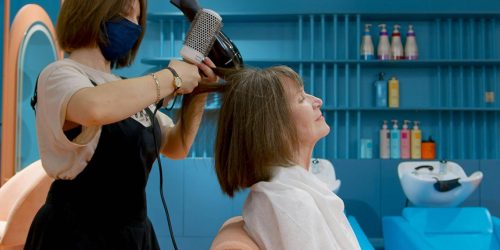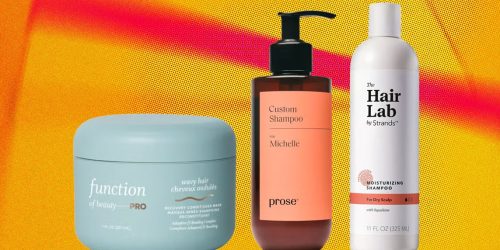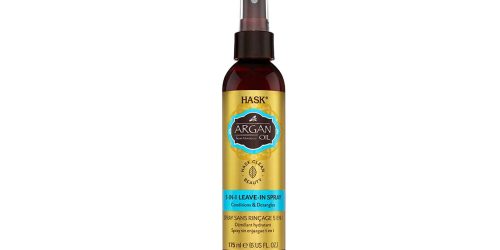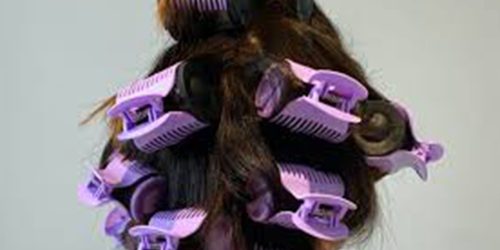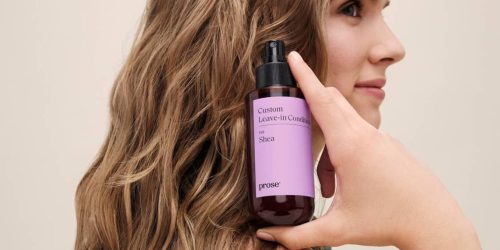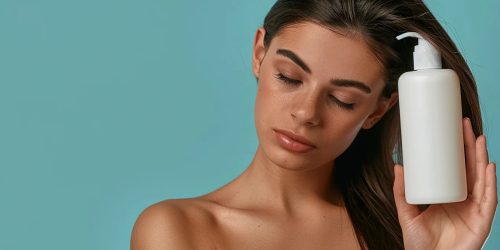The Secret to Having Gorgeous Hair? Stop Using Conditioner!
Having beautiful, healthy hair is a dream for many people. Whether you have natural curls, straight hair, or soft waves, everyone wants their hair to look shiny, smooth, and full of life. However, many people make a common mistake in their hair care routine: relying solely on conditioner. In reality, conditioner isn’t the only or best solution for great hair. We reveal the secrets to achieving beautiful hair and recommends some top-quality hair masks to help you attain healthy, radiant locks.
Why You Should Stop Relying on Conditioner
Conditioner is a staple in many people’s hair care routines. It can make hair feel smoother and more manageable in the short term. However, conditioner does not address the underlying issues of hair health and only provides temporary improvements in appearance. Here are several reasons why you should consider alternatives to conditioner:
1. Surface Repair vs. Deep Care
Conditioner generally forms a layer on the surface of the hair, making it appear smoother and softer. However, it does not penetrate the hair shaft to repair internal damage. Over time, relying on conditioner might mask deeper hair issues rather than solve them.
2. Potential for Hair Dependency
Conditioners often contain silicones, which can temporarily make hair feel silky. However, long-term use may lead to hair becoming dependent on these products. When you stop using conditioner, your hair might become even drier and more frizzy.
3. Impact on Scalp Health
Some conditioners contain chemicals that can irritate the scalp, leading to dryness, itching, and even dandruff. Since scalp health is crucial for overall hair health, it’s important to protect and care for your scalp as well.
Hair Masks: The Secret to Deep Hair Repair
Compared to conditioner, hair masks offer a deeper level of nourishment and repair. Hair masks typically contain higher concentrations of beneficial ingredients that penetrate the hair shaft to provide comprehensive care.
1. Deep Nourishment
Hair masks are enriched with nutrients like proteins, vitamins, and plant extracts that deeply penetrate the hair to provide essential nourishment and repair damage. This results in healthier, more resilient hair.
2. Improved Hair Quality
Hair masks effectively address issues such as dryness, split ends, and frizz, making your hair smoother and shinier. Regular use of hair masks can significantly enhance the overall health of your hair.
3. Multiple Benefits
Different types of hair masks offer various benefits, such as moisturizing, repairing, or anti-aging properties. Choosing the right mask based on your hair needs can provide optimal results.
How to Use Hair Masks Correctly
Proper use of hair masks can maximize their effectiveness. Follow these steps for best results:
1. Cleanse Your Hair
Before applying a hair mask, wash your hair with a mild shampoo to remove dirt and oil from your scalp and hair. Clean hair allows the mask to penetrate more effectively.
2. Apply the Right Amount
Use an adequate amount of hair mask and apply it evenly to your hair, avoiding direct contact with your scalp. The quantity of the mask should be based on your hair length and thickness. Generally, a scoop or two is sufficient for hair that extends to the shoulders.
3. Distribute Evenly
Use a wide-tooth comb or your fingers to evenly distribute the mask through your hair. Ensure that every strand, especially the ends, is covered since the ends tend to be drier and more prone to split ends.
4. Leave On for the Recommended Time
Allow the mask to remain on your hair for 5 to 15 minutes. During this time, you can wrap your hair in a towel or wear a shower cap to enhance absorption through the heat generated by your body.
5. Rinse Thoroughly
Rinse your hair thoroughly with lukewarm water to ensure that all the mask is removed. Residual mask can make your hair greasy or cause scalp issues.
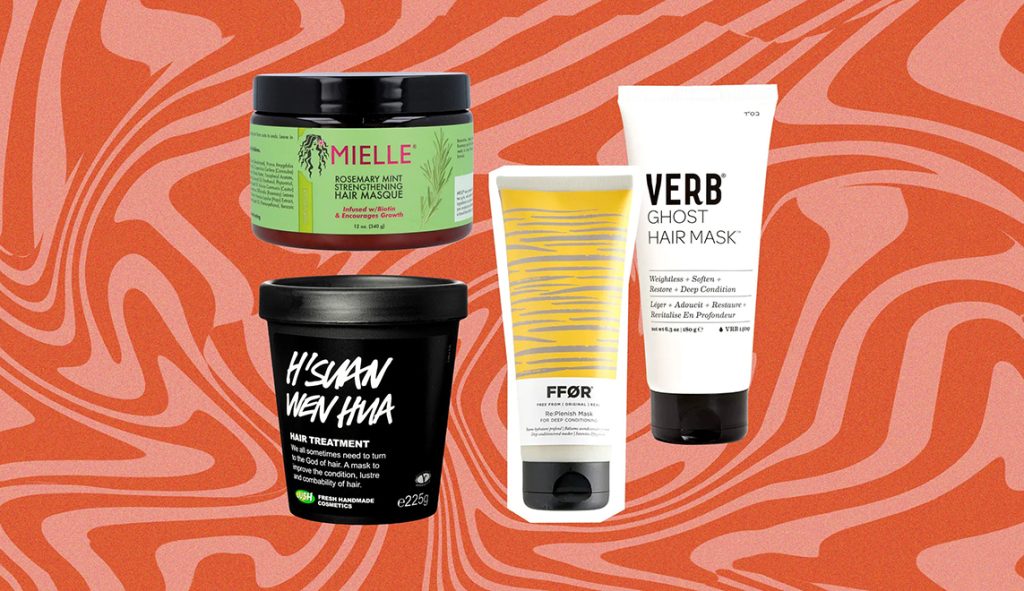
Recommended High-Quality Hair Mask Brands
Choosing the right hair mask brand is crucial. Here are some highly recommended hair mask brands:
1. L’Oréal Professionnel
L’Oréal Professionnel hair masks are recommended by many professional stylists for their rich nutrient content that deeply nourishes and repairs hair, leaving it shiny and smooth.
2. Kérastase
Kérastase is a top-tier brand known for its range of products that cater to different hair types. Whether you have dry, damaged, or color-treated hair, Kérastase offers a solution for your needs.
3. Schwarzkopf
Schwarzkopf hair masks are renowned for their effective repair and gentle formulas. Their plant-based ingredients work to restore damaged hair and enhance shine.
4. Moroccanoil
Moroccanoil hair masks are enriched with Moroccan argan oil, providing deep nourishment and repair while enhancing elasticity and shine. Ideal for dry and damaged hair.
5. L’Occitane
L’Occitane hair masks use natural ingredients like lavender and rose to gently nourish and enhance hair’s softness and luster. Suitable for all hair types.
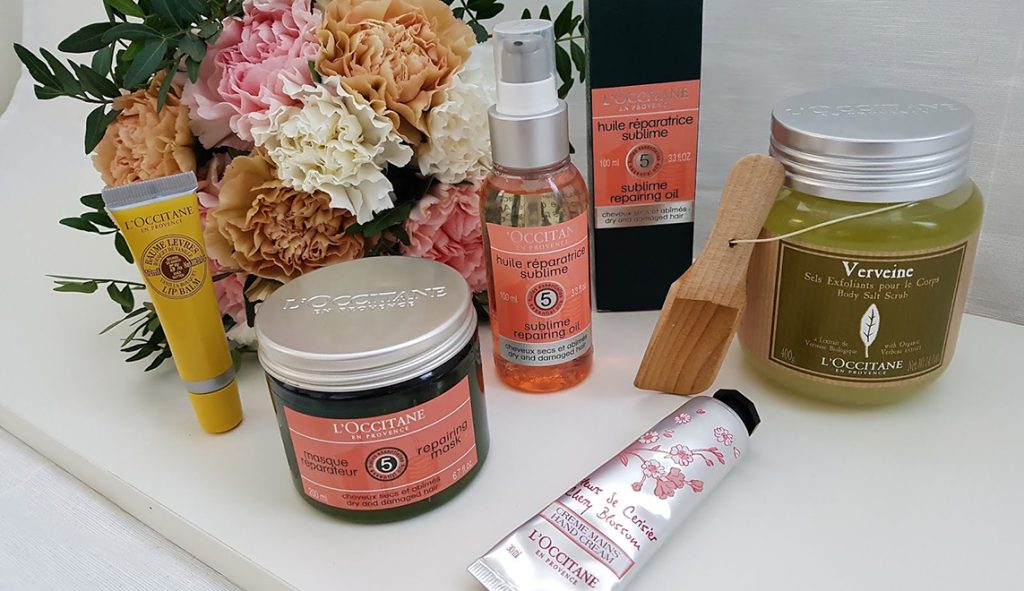
Natural Hair Care Methods
In addition to using hair masks, natural hair care methods are also worth considering. Here are some simple yet effective natural treatments:
1. Coconut Oil Treatment
Coconut oil is rich in fatty acids that deeply nourish and repair hair. Apply a small amount of coconut oil to your hair before shampooing, massage it into your scalp, and leave it on for 30 minutes before washing out.
2. Avocado Hair Mask
Avocado is high in vitamins E and fatty acids, which help repair and moisturize hair. Mash half an avocado and mix it with a tablespoon of olive oil. Apply to your hair, leave it on for 20 minutes, then rinse.
3. Egg Hair Mask
Eggs are packed with protein, which strengthens hair. Beat an egg and mix it with two tablespoons of olive oil. Apply the mixture to your hair, leave it on for 15 minutes, then rinse with warm water.
4. Honey Hair Mask
Honey has moisturizing and antibacterial properties. Mix two tablespoons of honey with a tablespoon of olive oil and apply to your hair. Leave it on for 20 minutes before rinsing.
5. Green Tea Rinse
Green tea is rich in antioxidants and can promote scalp health and hair growth. Brew two green tea bags in hot water, let it cool, and use it as a final rinse after shampooing.
Healthy Lifestyle Habits
In addition to external care, maintaining a healthy lifestyle is essential for beautiful hair. Here are some key habits:
1. Balanced Diet
A balanced diet provides the essential nutrients needed for hair health, including proteins, vitamins, and minerals. Eat protein-rich foods like fish, eggs, and legumes, and include fruits and vegetables high in vitamins.
2. Adequate Sleep
Adequate sleep promotes metabolic functions and cell repair, which is beneficial for hair growth. Aim for 7-8 hours of quality sleep each night.
3. Stress Management
Stress can affect hormone levels, leading to hair loss and poor hair quality. Practice relaxation techniques such as exercise and meditation to manage stress.
4. Regular Trimming
Regular trimming removes split ends and damaged hair, promoting healthy growth. It is recommended to trim your hair every 6-8 weeks.
5. Use Gentle Shampoos
Choose mild shampoos without sulfates and harsh chemicals to avoid irritating your hair and scalp. Opt for products that are gentle and nourishing.
6. Protect Your Hair
Protect your hair from damage by avoiding excessive use of high-heat styling tools. When using such tools, apply heat protection sprays. Avoid over-brushing wet hair to reduce breakage. Wear a hat when exposed to sun or environmental pollutants.
7. Stay Hydrated
Proper hydration is crucial for maintaining hair’s moisture and elasticity. Drink at least 8 glasses of water daily to help detoxify your body and keep your hair hydrated.
Choosing the Right Hair Mask
When selecting a hair mask, consider these factors to make an informed choice:
1. Know Your Hair Type
Understanding your hair type helps in choosing the right mask. Dry, oily, and combination hair types require different treatments. Dry hair needs more hydration, while oily hair might benefit from balancing formulas.
2. Check the Ingredients List
Inspect the ingredients list for beneficial components such as natural extracts, vitamins, and proteins. Avoid products with excessive chemicals, silicones, and mineral oils that could weigh down or damage your hair.
3. Choose the Appropriate Mask Type
Select a mask based on your specific needs, such as repair, hydration, or anti-frizz. A mask that addresses your unique hair issues will yield the best results.
4. Test the Product
Before committing to a full-sized product, try samples or mini sizes. This approach helps avoid wasting money on products that may not suit your hair type.
Common Mistakes with Hair Masks
Avoid these common mistakes to ensure you get the most out of your hair mask:
1. Ignoring Usage Frequency
Some people may think hair masks are only needed occasionally, but regular use can provide better results. For dry or damaged hair, using a mask 1-2 times a week is ideal.
2. Overusing the Mask
Applying too much mask can make your hair greasy and may not provide additional benefits. Use the right amount to cover your hair evenly.
3. Applying Directly to the Scalp
Hair masks should be applied to the hair shafts, not the scalp. Applying directly to the scalp can lead to oiliness and clogged pores. Focus on the ends of your hair, where damage is more common.
4. Following Trends Blindly
Each person’s hair needs are different. Avoid choosing hair masks based solely on trends. Select products based on your specific hair type and needs for the best results.
Additional Hair Care Tips
In addition to using hair masks, consider these extra tips for maintaining healthy hair:
1. Use a Wide-Tooth Comb
A wide-tooth comb is gentler on wet hair and reduces breakage. It helps detangle hair without causing damage.
2. Minimize Hair Dyeing
Frequent dyeing can damage hair and make it dry and brittle. Reduce the frequency of dyeing and use gentle products for color-treated hair.
3. Massage Your Scalp
Scalp massages improve blood circulation and promote healthy hair growth. Use your fingertips to gently massage your scalp during shampooing.
4. Maintain Air Humidity
Dry air can strip hair of moisture. In dry seasons, use a humidifier to keep air moisture levels balanced and help maintain hair hydration.
Achieving gorgeous hair involves more than just relying on conditioner. Incorporating hair masks into your routine, along with adopting healthy lifestyle habits, can significantly improve the health and appearance of your hair. We hope this guide, with its recommended hair mask brands and additional hair care tips, helps you find the right solution for your hair and showcases your most beautiful self. Remember, true beauty comes from within and without—start caring for your hair today and reveal your most radiant look!
